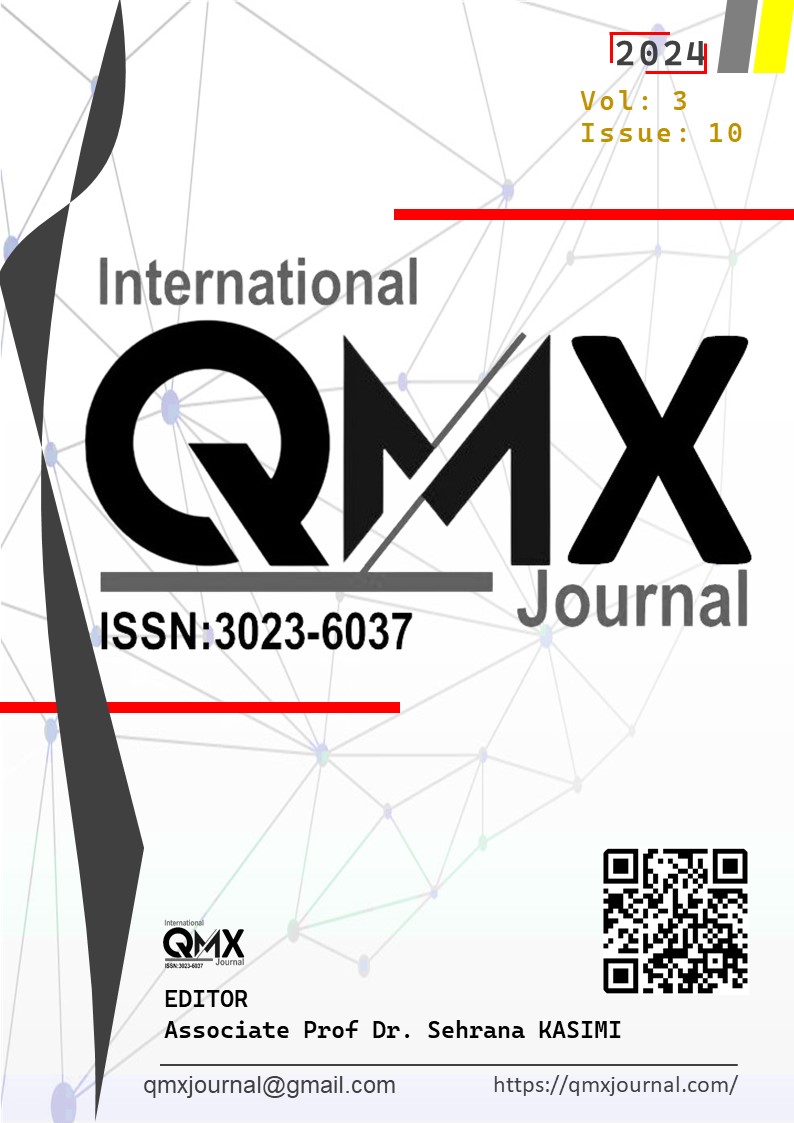Author :
Abstract
Bu çalışmanın amacı, Konya ilinin merkez ilçeleri Selçuklu, Meram ve Karatay’da görev yapan okul yöneticilerinin teknoloji liderliği özelliklerini incelemektir. Araştırmaya, 2022-2023 eğitim-öğretim yılında ilköğretim ve ortaöğretim kademelerinde görev yapan 127 okul yöneticisi katılmıştır. Katılımcılara, teknoloji liderliği algılarını ölçmek amacıyla “Okul Yöneticilerinin Teknoloji Liderliği Ölçeği” uygulanmıştır. Veriler, IBM SPSS 26 Statistics Paket Programı ile analiz edilmiştir. Cinsiyet değişkeni ile ölçek ve alt boyut puanlarının karşılaştırılmasında Independent Samples T Testi, diğer değişkenler için ise One Way ANOVA Testi kullanılmıştır. Gruplar arasındaki farklılıklar Tukey ve Games-Howell testleri ile belirlenmiştir. Ölçek ve alt boyutlarının güvenilirliği, cronbach’s alpha değerleri ile ölçülmüş ve yüksek derecede güvenilir bulunmuştur. Araştırma sonuçlarına göre, okul yöneticileri mobil cihazları derslerde öğretim amacıyla kullanmakta ve en çok matematik dersinde mobil öğrenmeyi tercih etmektedir. Öğretmenler ayrıca, öğrencilerini okul dışında mobil öğrenmeye teşvik etmekte ve mesleki kişisel gelişimleri için mobil öğrenmeyi kullanmaktadır. Mobil öğrenmenin avantajları arasında zengin içerik sunma, zamandan ve mekândan bağımsız öğrenme gibi unsurlar bulunmaktadır. Ancak, öğretmenin etkinliğini azaltma, bağlantı problemleri ve uygun olmayan içerikler gibi sınırlamaları da vardır. Sonuç olarak, mobil öğrenmenin önemi giderek artmakta ve sınıf öğretmenlerinin bu konuda bilinçlendirilmesi gerekmektedir. Okul yöneticilerinin teknoloji liderliğine yönelik tutumları, mesleki kıdem süresi, dijital çağ öğrenme kültürü, sistematik gelişim, dijital vatandaşlık ve mesleki gelişimde mükemmellik gibi faktörlerden etkilenmektedir. Bu çalışma, eğitim politikaları ve öğretmen eğitim programlarının geliştirilmesinde önemli bilgiler sunmaktadır. Mobil öğrenmenin etkin kullanılabilmesi için öğretmenlerin bu teknolojilere adaptasyon süreçlerinin desteklenmesi gerektiği ortaya konulmuştur.
Keywords
Abstract
The aim of this study is to examine the technology leadership characteristics of school administrators working in the central districts of Konya province, namely Selçuklu, Meram, and Karatay. The study involved 127 school administrators working at the primary and secondary education levels during the 2022-2023 academic year. The "School Administrators' Technology Leadership Scale" was administered to the participants to measure their perceptions of technology leadership. Data were analyzed using the IBM SPSS 26 Statistics Package Program. Independent Samples T-Test was used to compare scale and sub-dimension scores by gender, and One Way ANOVA Test was used for other variables. Differences between groups were determined using Tukey and Games-Howell tests. The reliability of the scale and its sub-dimensions was measured by Cronbach's alpha values, and they were found to be highly reliable. According to the research results, school administrators use mobile devices for instructional purposes in lessons, with a preference for mobile learning mostly in mathematics. Teachers also encourage students to engage in mobile learning outside of school and use mobile learning for their professional development. The advantages of mobile learning include providing rich content and enabling learning independent of time and place. However, it also has limitations such as reducing teacher effectiveness, connection problems, and inappropriate content. In conclusion, the importance of mobile learning is increasing, and classroom teachers need to be made aware of this. School administrators' attitudes towards technology leadership are influenced by factors such as professional seniority, digital age learning culture, systematic development, digital citizenship, and excellence in professional development. This study provides important insights for developing educational policies and teacher training programs. It emphasizes the need to support teachers' adaptation processes to these technologies for the effective use of mobile learning in education.





